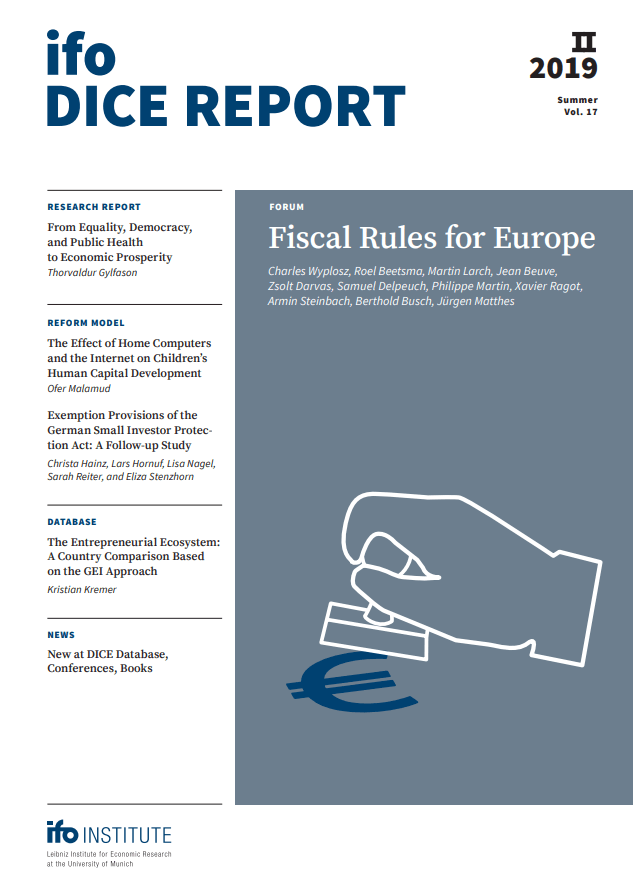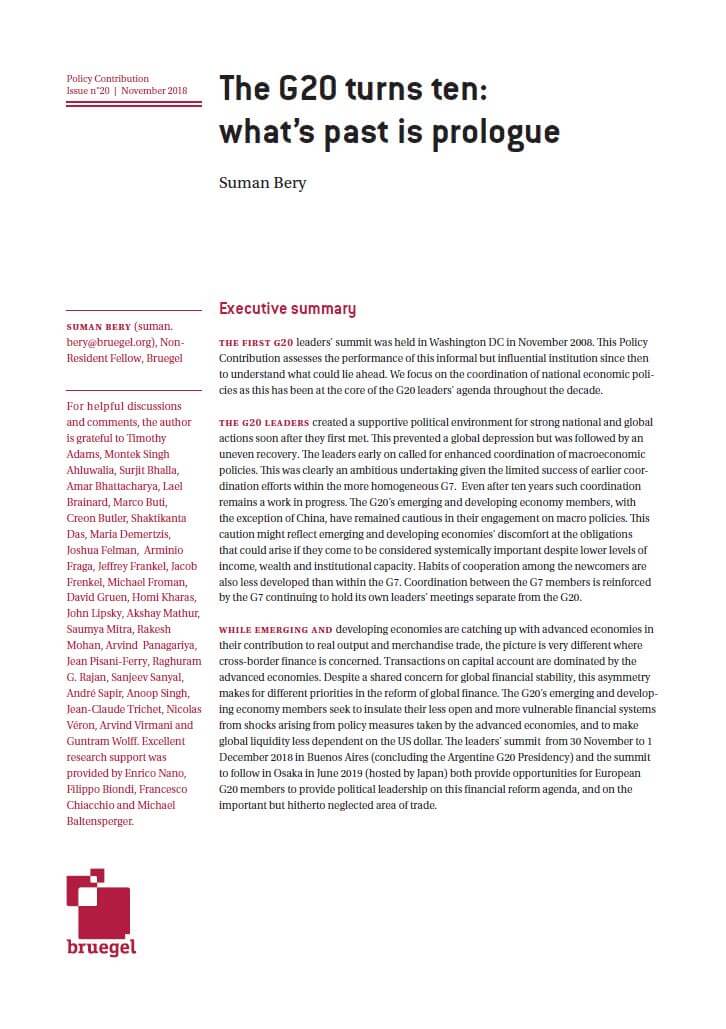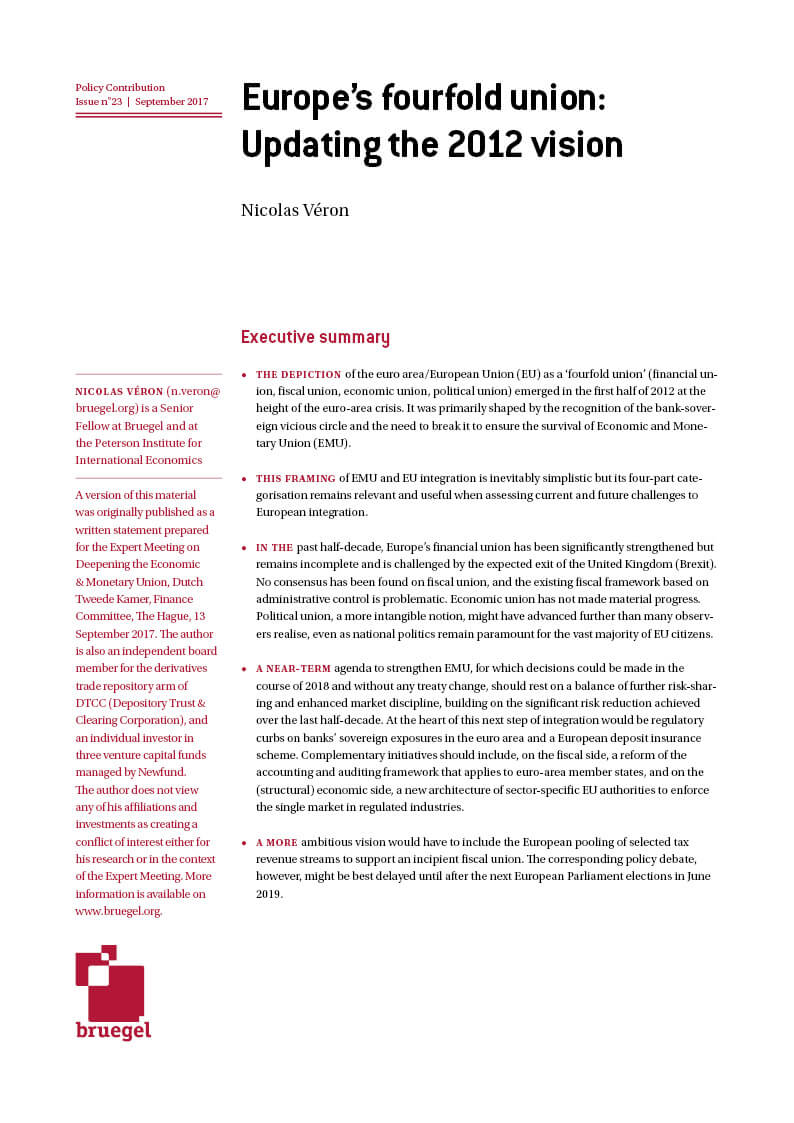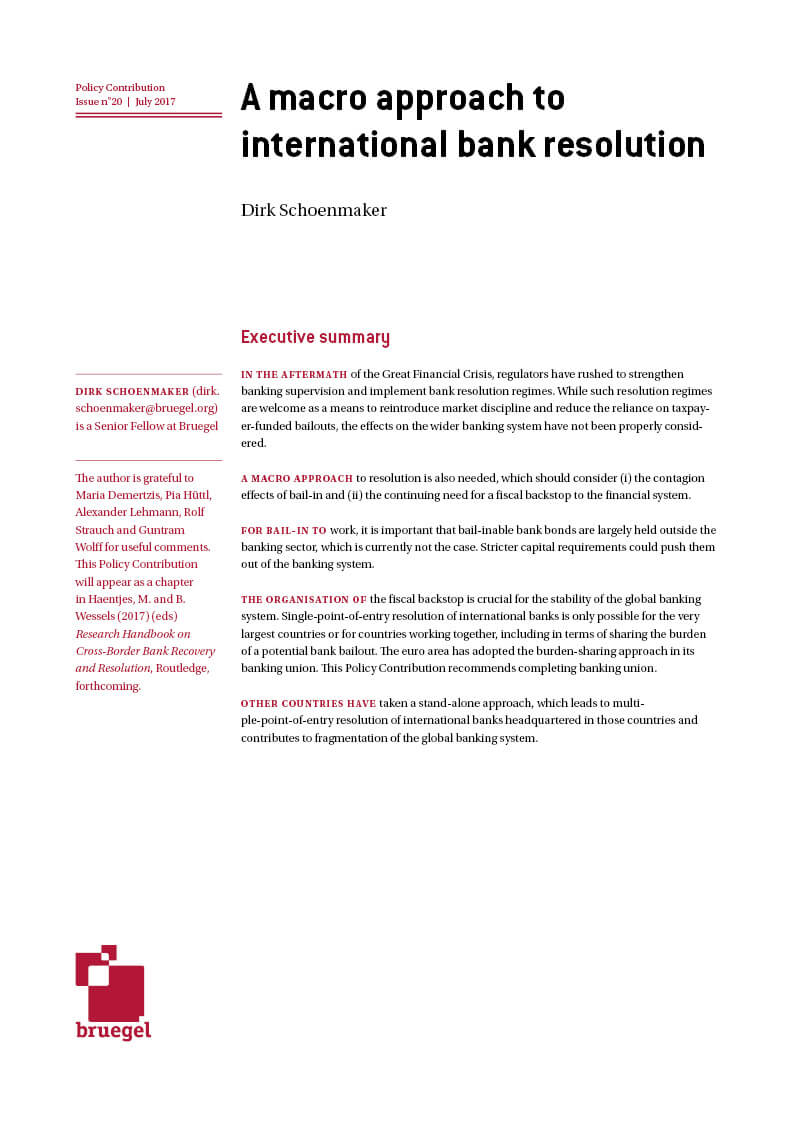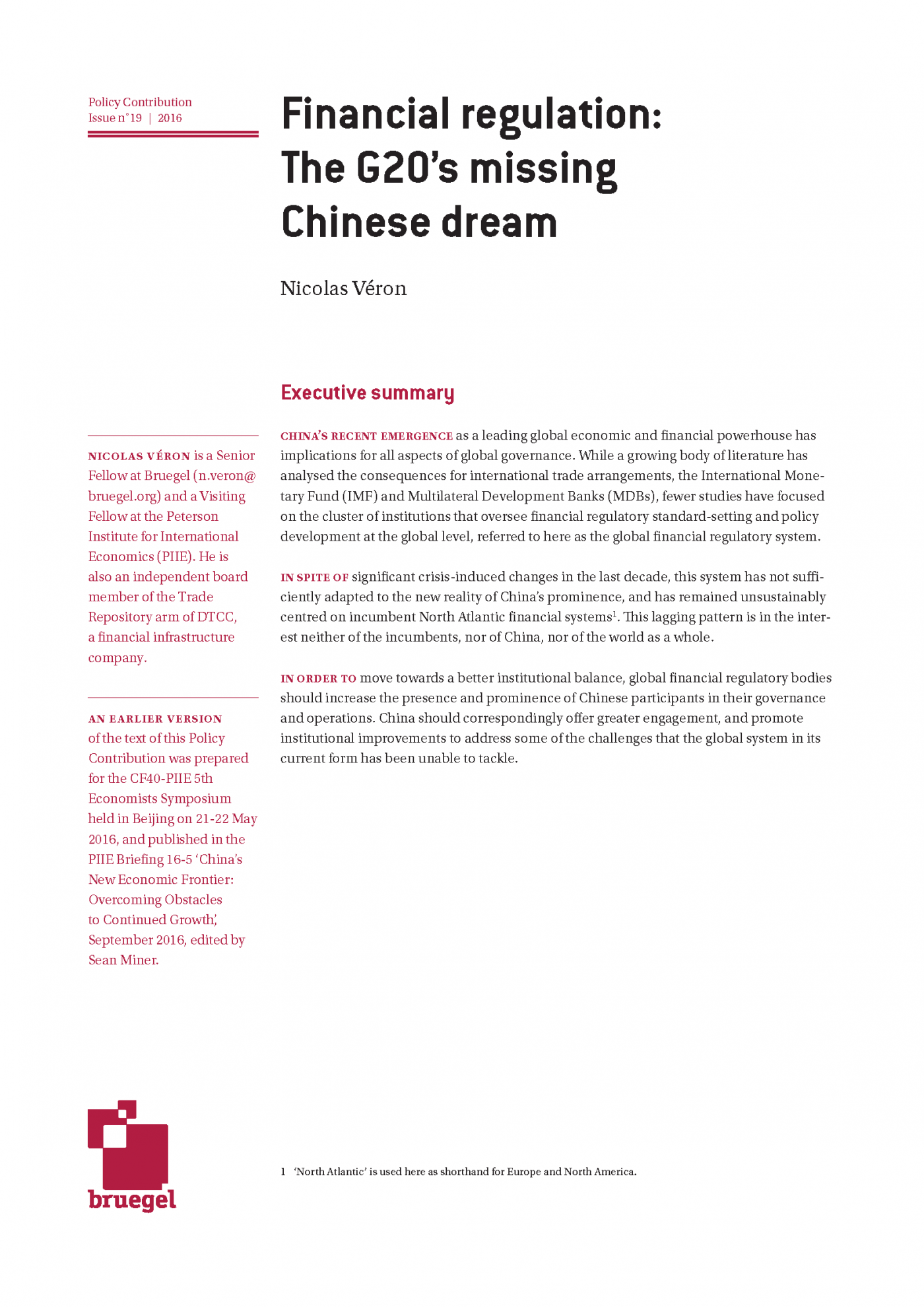Podcast
Will COVID-19 boost the euro as a global currency?
The euro is, by definition an international currency. However, since being established in the late 90s the single currency has always been somewhat less than the sum of it's parts and has yet to challenge the US dollar for global dominance. Its international status declined with the euro crisis of 2008.
